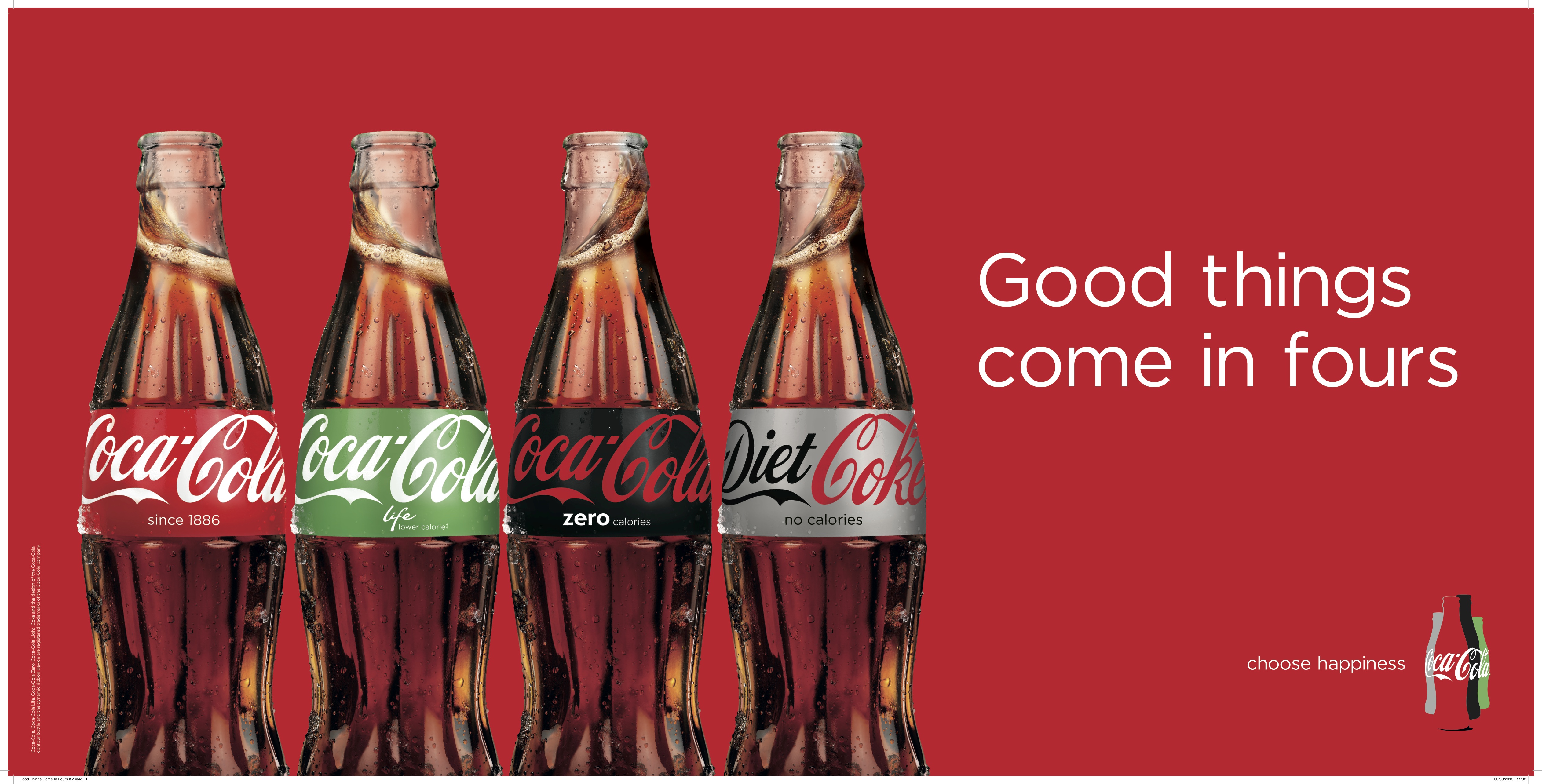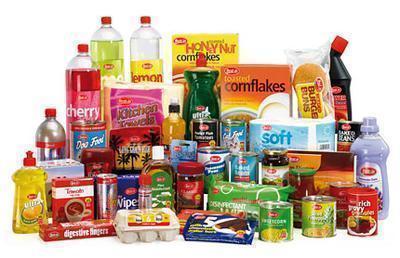Coca-Cola's One Brand Strategy
These are certainly interesting times for the soft drinks giant Coca-Cola. While ever granular levels of segmentation and customisation are all the rage in many industries, here’s one company that is heading in the opposite direction. Earlier this month, Coca-Cola announced that it was taking its ‘One Brand’ strategy worldwide with its first global campaign in ten years. Essentially what ‘One Brand’ means is that its four product variants, Coca-Cola, Coca-Cola Zero, Diet Coke and Coca-Cola Life will come under the Coca-Cola master brand rather than being marketed as separate products. Its ten global TV ads that are planned for this year will feature all four variants so gone are the days of separate Diet Coke or Coca-Cola Zero adverts. The social and experiential themes that have traditionally characterised its advertising will continue with situations such as a first kiss, a first date and ice-skating with friends being featured.

The One Brand strategy is a response to flat sales in the sector caused by concerns relating to the over consumption of sugar. Promoting a zero sugar brand like Coca-Cola Zero addresses this issue but causes problems regarding what the master brand stands for. This way a consistent message is delivered and consumers looking for zero sugar options can choose those variants. The approach was road tested in the UK in 2015 with reasonably promising results. Sales increases were reported for both Coke Zero and Diet Coke. However, the overall picture for the category looks a lot less promising. Concerns over obesity and sugar consumption appear to be driving the sector towards decline. In the three months to the end of September 2015, Coca-Cola’s revenues in Europe were down 7% or $1.3bn. The legendary company may be about to enter a new phase of managing a dying brand!
Related Articles






 John Fahy
John Fahy